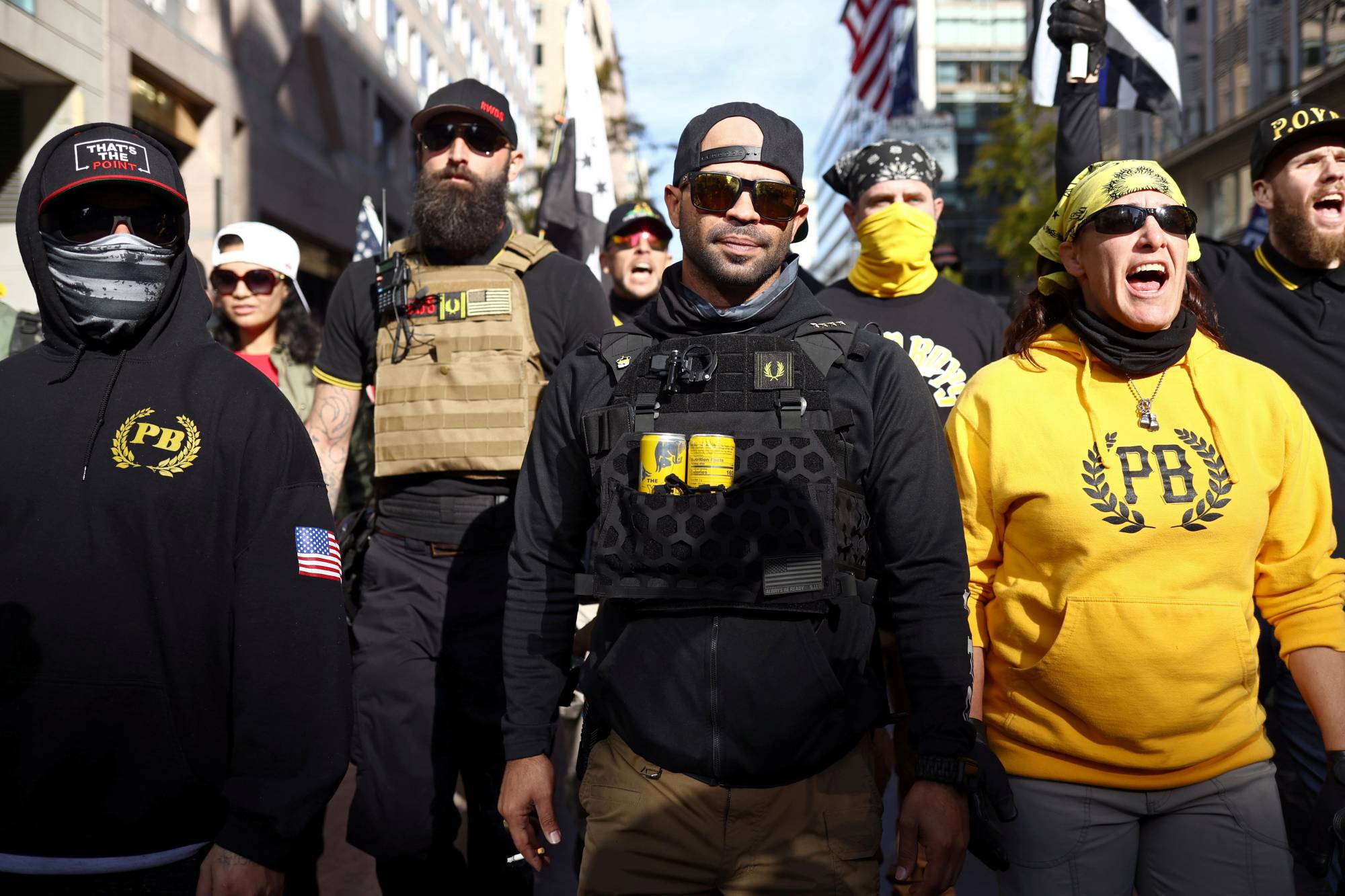Democracy is in a worldwide slump. So is peace — both the international and the domestic sort. There are lots of reasons. What’s the biggest?
Many pundits blame various kinds of polarization: Left against right, elitist versus populist, blue against red, educated or rich against uneducated or poor, nativist versus cosmopolitan, Sino-Russian autocratic against "Western” democratic and so forth.
I’ll argue that the dichotomy that matters more than any of these is civil versus thuggish. And our problem — in the U.S., Europe, Russia, Brazil, China, the United Nations — is that, lately, the thugs have been winning almost everywhere.

















With your current subscription plan you can comment on stories. However, before writing your first comment, please create a display name in the Profile section of your subscriber account page.